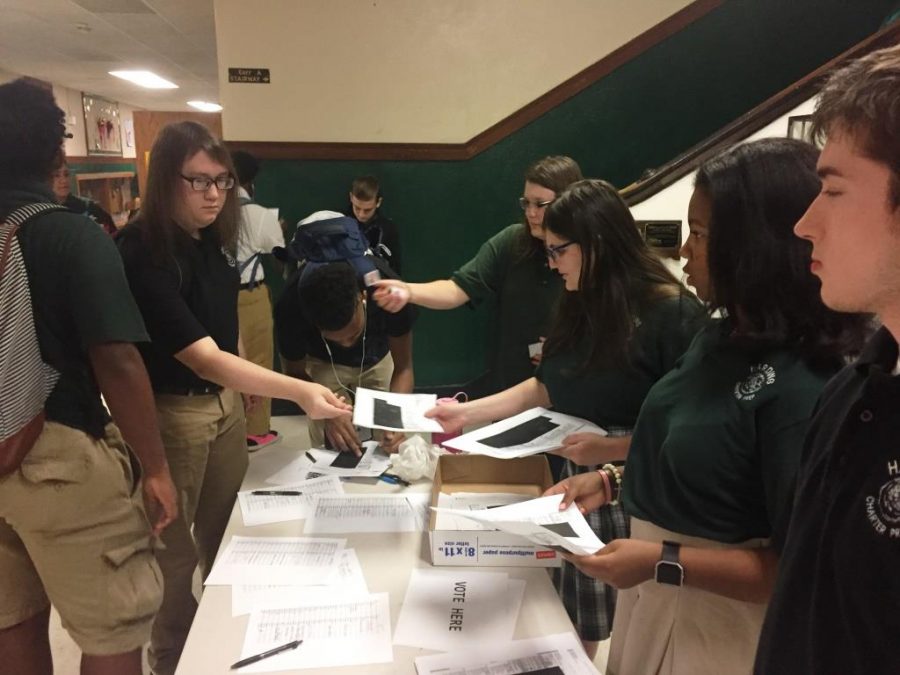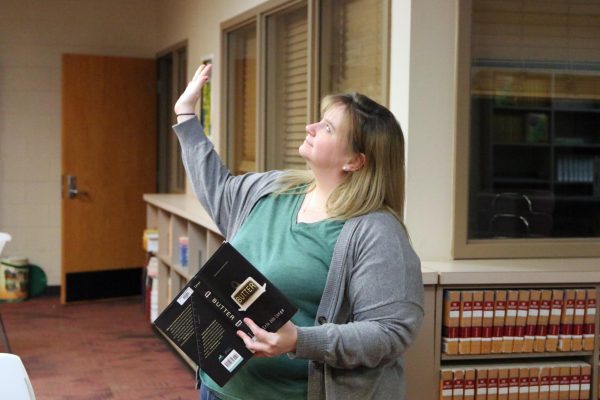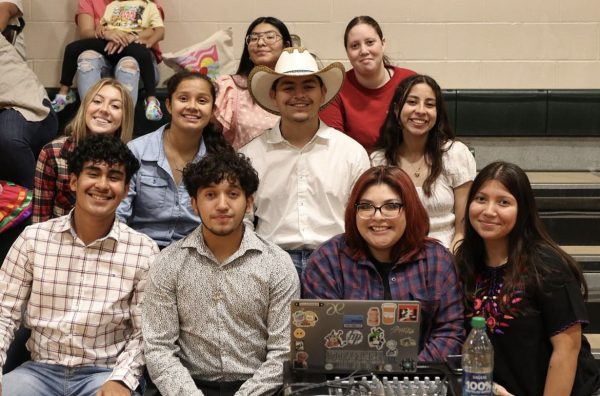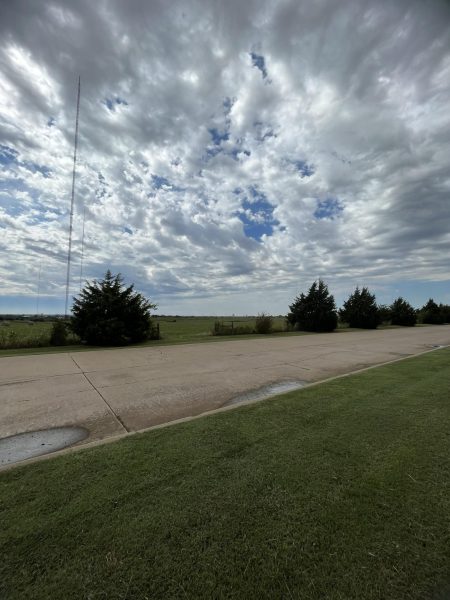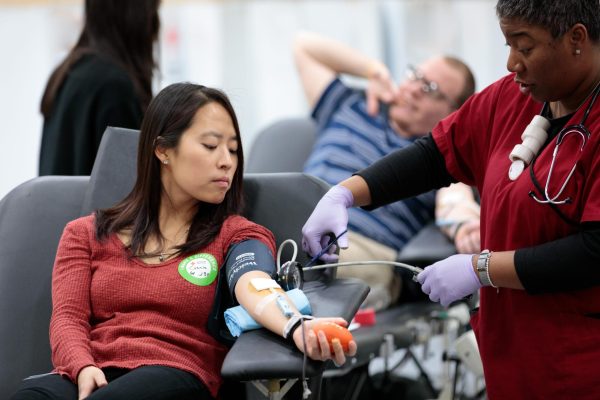Presidential Post Mortem
November 22, 2016
President-Elect Trump. Whether this phrase fills you with inspiration or desperation it’s the new reality of America. For the past 18 months newspapers and social media have been grappling with the question of who the next president of the United States will be.
On Nov. 8 Donald Trump shed the title of “Republican Nominee” and became President-Elect Trump. Now the question becomes what kind of president will he be?
“The office of the Presidency changes the person. The person doesn’t change the office,” said AP European History teacher Kyle Malzahn. “It seems like extremism, but I think it’s extremism in the fact that people are so fed up with politicians.”
President-Elect Trump recently received criticism from the press over the use of lobbyists in his transition team after declaring he would “drain the swamp of politicians.” Shortly after, Trump fired a number of his team who were closely associated with Washington.
This is nothing new, however. As the election progressed Trump shifted his views several times, some as recent as the week after he was elected.
“I do know that as of this weekend [his stance on ObamaCare] was “some things have to stay some things may go,” said AP US History teacher Amanda Johnson.
However, it appears Trump has remained steadfast in his desire to build the wall on the Mexican-American border, and deport illegal immigrants. Neither Johnson nor Malzahn are sure how the new administration is going to change this policy.
“Deportation has been going up for awhile. I’m not sure it’ll be much different,” Johnson said. “ I’m not really sure who these people are that are going to be rounding up people… if we’re going to have a new military police or something. It’s going to take a tremendous amount of manpower to implement something like that.”
“Maybe they hired him because he wasn’t a politician, but he made an awful lot of promises… I don’t see how it can be kept,” Malzahn said.
Trump is also in a unique position in that he will get to appoint at least one, and possibly more Supreme Court justices, as there is one current vacancy and several justices are near retirement age.
“I don’t think it’s going to be drastic. You’re not supposed to legislate from the bench,” Malzahn said. “The Supreme Court is not supposed to make laws; they’re supposed to judge if they’re legitimate or not.”
“If people care about these issues they should be advocating, they should be writing, they should be joining groups,” Johnson said.
The past few months have seen the rise of multiple far-right groups across Europe. The UK Independence party ran on a platform similar to that of Trump. They promised to secure borders and keep immigrants out.
“I’m not saying populism is a great thing, but I think anything that goes away from globalism is a positive. Extreme anything is never good,”Malzahn said.
As far as the students of Harding are concerned, neither history teacher sees significant change under a Trump administration.
“I know we have some aspiring Americans. If deportation takes affect more than it already has we might see some students affected by that.” Johnson said. “We determine the culture of the school, so I don’t think a president is going to determine that.
“You can’t change people’s minds by telling them to get over it. You can’t change people’s minds by forcing them to believe what you believe. You can change people’s minds by being kind, listening, and talking through issues.”

